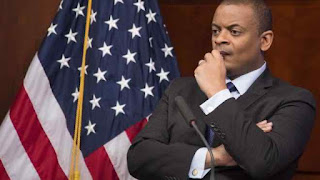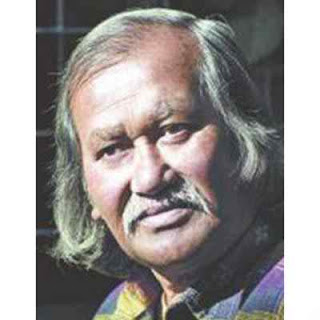- 5 hours ago
- From the section Technology
- 97 comments
The recent crash involving a Google self-driving car and a bus was "not a surprise", the US transport secretary has said.
Anthony
Foxx told the BBC that accidents were inevitable, but that the emerging
technology should not be compared "against perfection".
Nobody was hurt in the crash, but it was the first time Google's on-board computer has been blamed for causing a collision.
Secretary Foxx was attending the South by Southwest Interactive festival in Austin, Texas.
He announced that seven US cities - Austin, Columbus, Denver, Kansas City, Pittsburgh, Portland and San Francisco - had reached the final stage of a competition to receive $40m in government funding for "smart" technologies.
Secretary Foxx agreed that smart technologies could put some people out of work.
"Driverless technology presents a lot of potential for disruption on a number of fronts," he said.
"It's unclear to me now exactly how that future unfolds."
Relative comparisons
Secretary Foxx is leading efforts to bring self-driving cars to US roads. The Obama administration has committed $4bn to that goal - which includes attempts to develop standardised regulations for autonomous cars across the entire country.On the public perception of self-driving cars following the February Google crash, he said: "It's not a surprise that at some point there would be a crash of any technology that's on the road.
"But I would challenge one to look at the number of crashes that occurred on the same day that were the result of human behaviour."
"I think the question here isn't comparing the automated car against perfection, I think it's a relative comparison to what we have now on the roads which is you and I, and our eyeballs, and our brains."
One challenge would be to tackle the legal issue of responsibility when crashes occur - and whether the passenger should be liable, or, given that the computer was driving, the companies behind the software that failed.
"That's precisely the type of question that we're hoping over the next several months to provide feedback to both the states and the industry on."
Follow Dave Lee on Twitter @DaveLeeBBC and on Facebook


